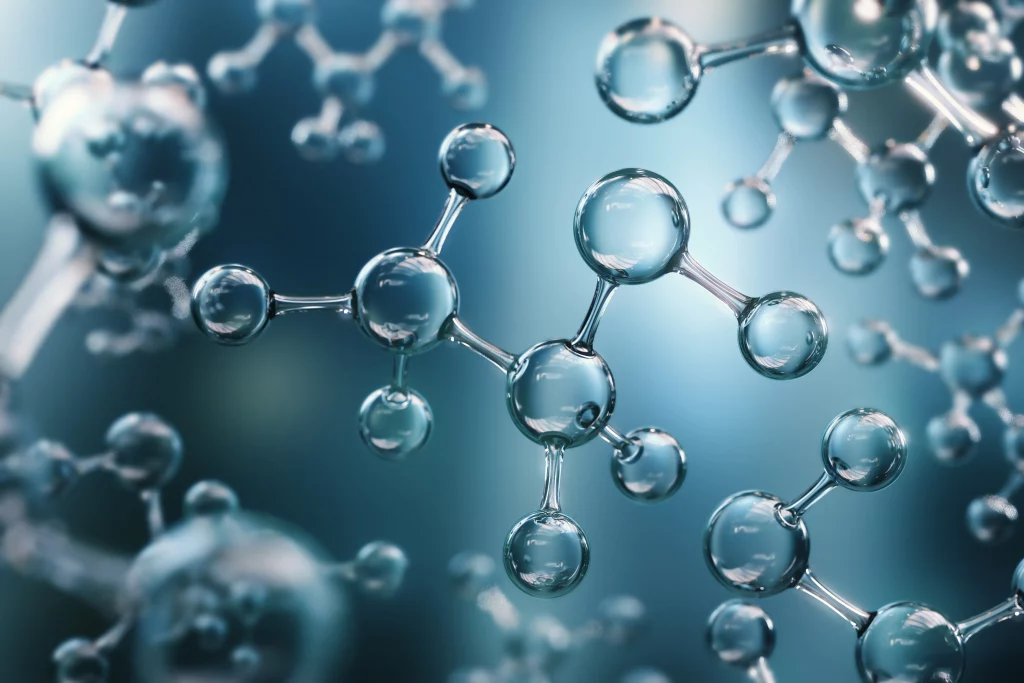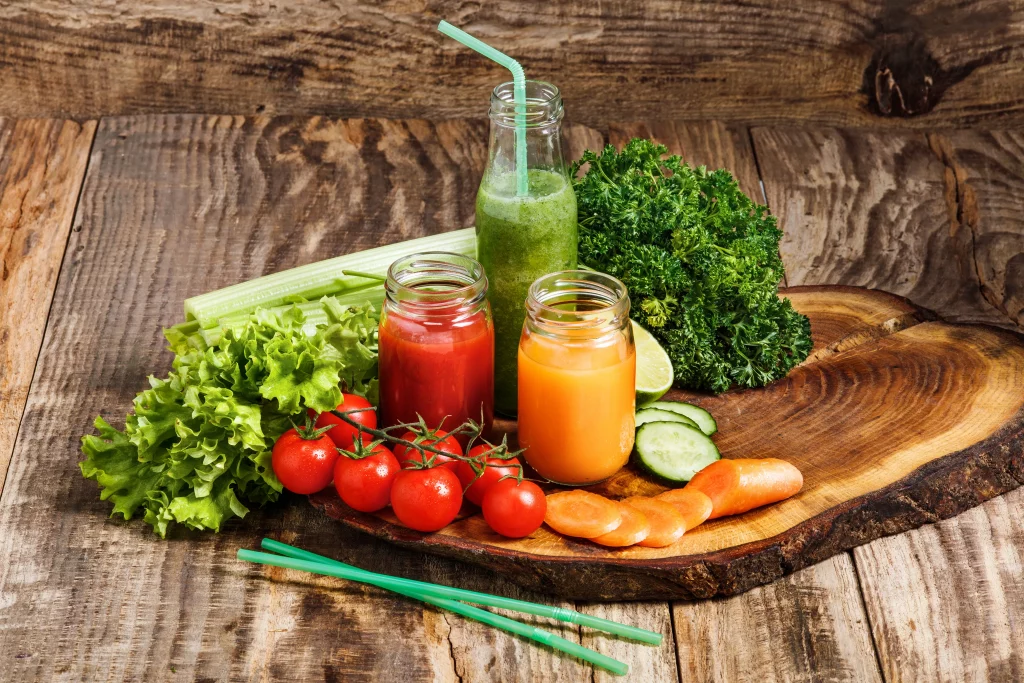The Antioxidant Mechanism - What are antioxidants? Antioxidants are substances that can prevent or slow damage to cells caused by free radicals. Free radicals are molecules produced when the body breaks down food or gets exposed to tobacco smoke and radiation. These molecules contain an unpaired electron and are highly reactive, making them capable of damaging cells. There are many antioxidants, including vitamins A, C, and E; carotenoids such as beta-carotene; and enzymes such as glutathione peroxidase. Some antioxidants are found in foods, while the body produces others.
Antioxidant Mechanism
The antioxidant mechanism is complex. Antioxidants work by donating an electron to the free radical, thus neutralizing it. This process is known as hydrogen atom transfer or single electron transfer. In addition to preventing damage to cells, antioxidants also have other essential roles in the body, such as boosting the immune system and reducing inflammation. Some of the most common antioxidants include vitamins A, C, and E; carotenoids such as beta-carotene; and enzymes such as glutathione peroxidase. While some of these substances are found in foods, others get produced by the body.
Types of Antioxidants
There are many antioxidants, each with its unique chemical structure and function. Antioxidants get classified into two main groups: water-soluble and fat-soluble. Water-soluble antioxidants include vitamin C and the group of substances known as bioflavonoids. These antioxidants travel through the bloodstream and protect cells from damage caused by free radicals. Fat-soluble antioxidants include vitamin A, vitamin E, and beta-carotene. These antioxidants are stored in the body’s cells and help to protect cell membranes from damage.
- Water-Soluble Antioxidants: Vitamin C is one of the most important water-soluble antioxidants in citrus fruits, tomatoes, potatoes, and leafy green vegetables. Vitamin C scavenges for free radicals and helps to protect cells from damage. Bioflavonoids are a group of water-soluble antioxidants found in fruits, vegetables, and tea. They work with vitamin C to protect cells from damage caused by free radicals.
- Fat-Soluble Antioxidants: Vitamin A is a fat-soluble antioxidant found in carrots, sweet potatoes, spinach, and other dark green leafy vegetables. Vitamin A protects cells from damage caused by free radicals and boosts the immune system. Vitamin E is another fat-soluble antioxidant found in vegetable oils, nuts, and seeds. Vitamin E helps protect cell membranes from damage caused by free radicals. Beta-carotene is a type of carotenoid, a group of fat-soluble antioxidants found in dark green and yellow vegetables, such as carrots and squash. Beta-carotene can be converted into vitamin A by the body, which helps protect cells from damage caused by free radicals.
- Enzymatic Antioxidants: Glutathione peroxidase is an enzyme that helps to protect cells from damage caused by free radicals. Glutathione peroxidase works by converting harmful substances known as peroxides into harmless water molecules. SOD (superoxide dismutase) is another enzyme that helps to protect cells from damage caused by free radicals. SOD works by converting the superoxide radical into oxygen and water molecules.
How To Get Antioxidants
We previously answered the question of what are antioxidants. But how does a person get them in their body? The answer is through diet and supplements.
- Diet: The best way to get antioxidants is through a healthy diet with plenty of fruits, vegetables, whole grains, and healthy fats. Fruits and vegetables are excellent sources of antioxidants because they contain vitamins, minerals, and phytochemicals that work together to protect cells from damage. Some of the best sources of antioxidants include berries, dark leafy greens, carrots, squash, sweet potatoes, tomatoes, and oranges.
- Supplements: Antioxidant supplements can also help protect cells from damage caused by free radicals. However, speaking with a healthcare provider before taking any antioxidant supplements is crucial.

